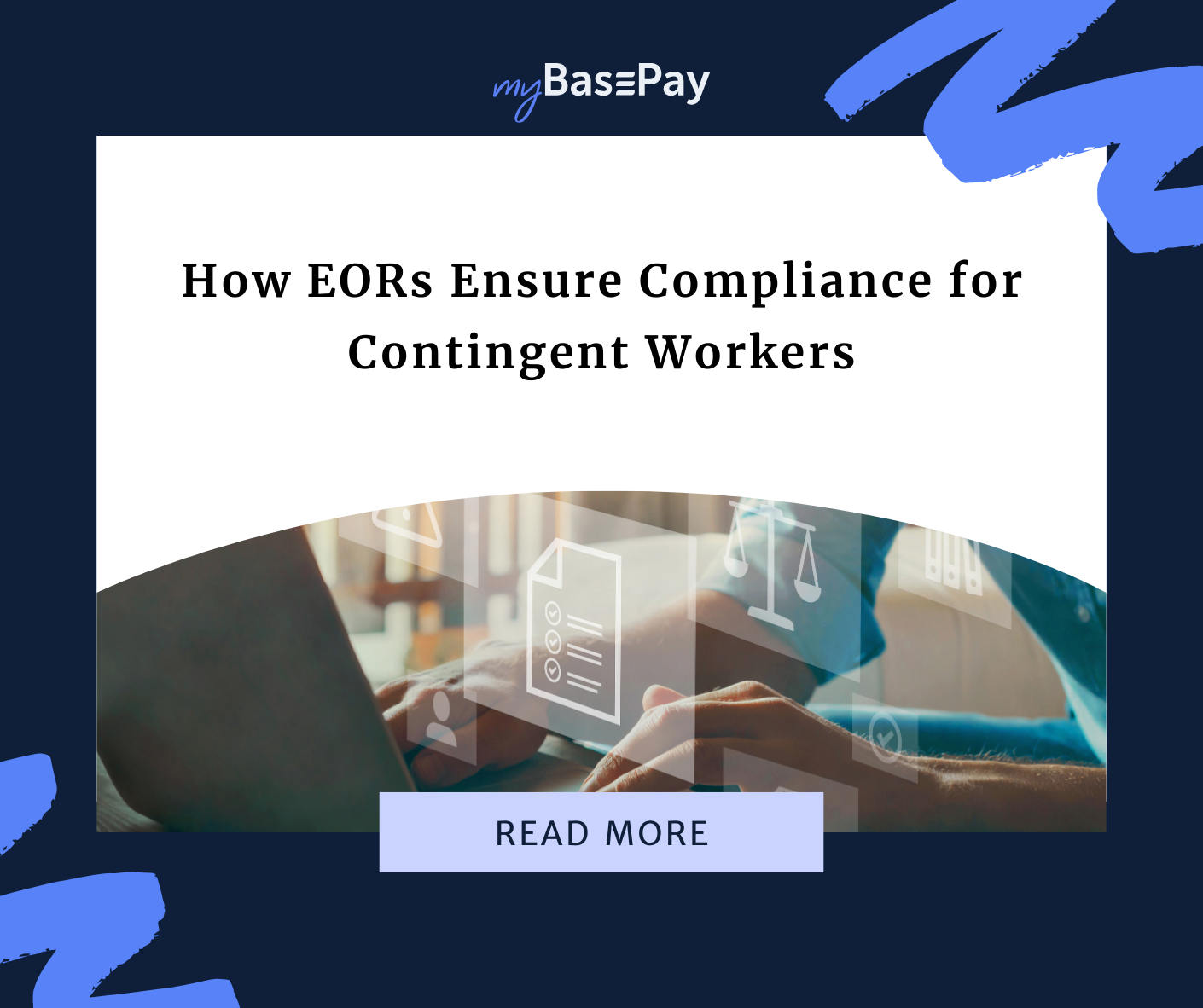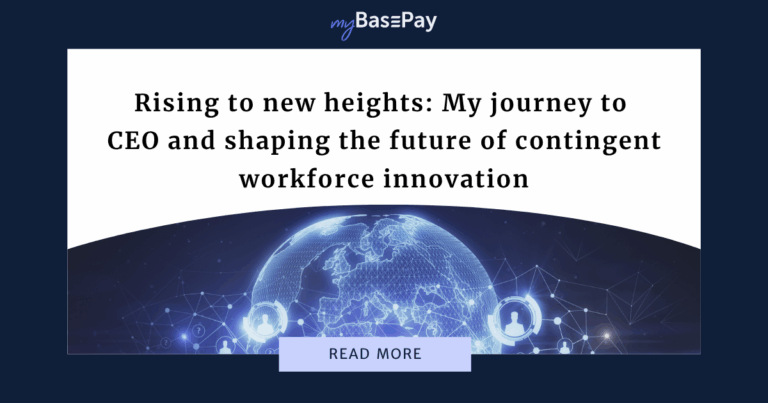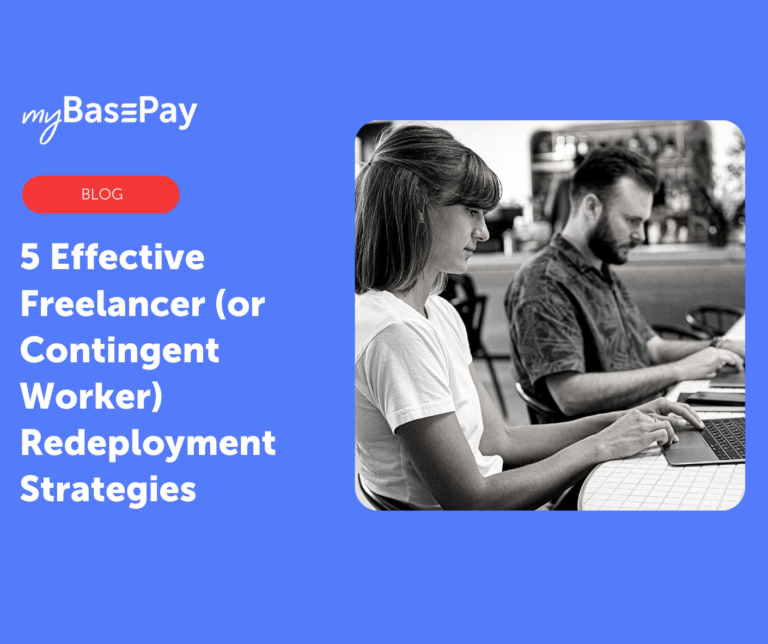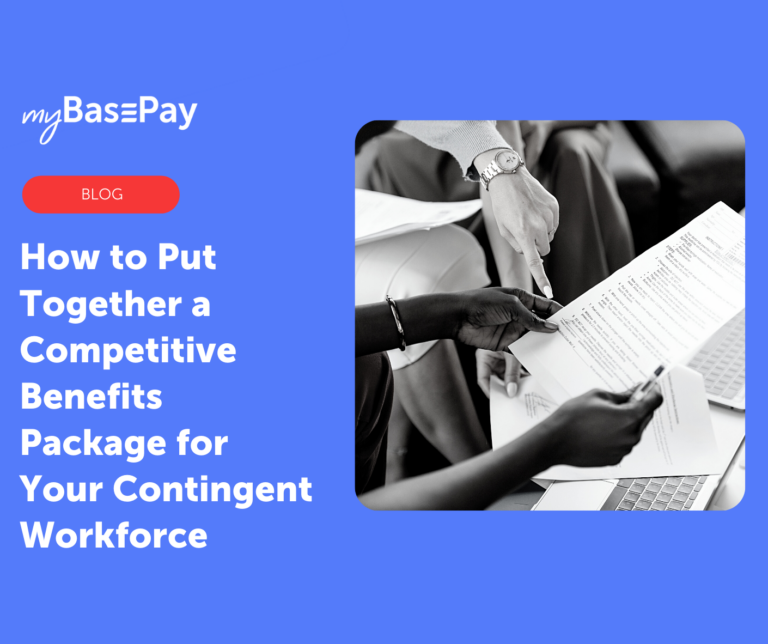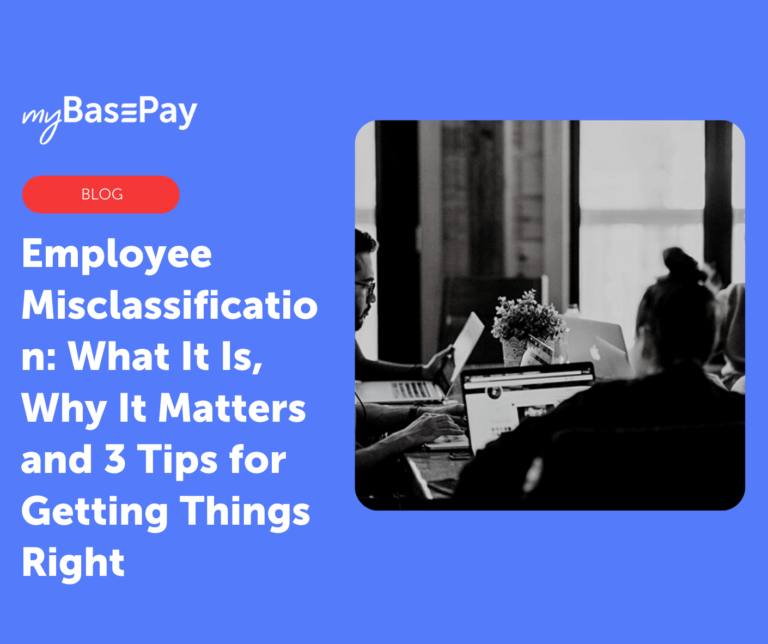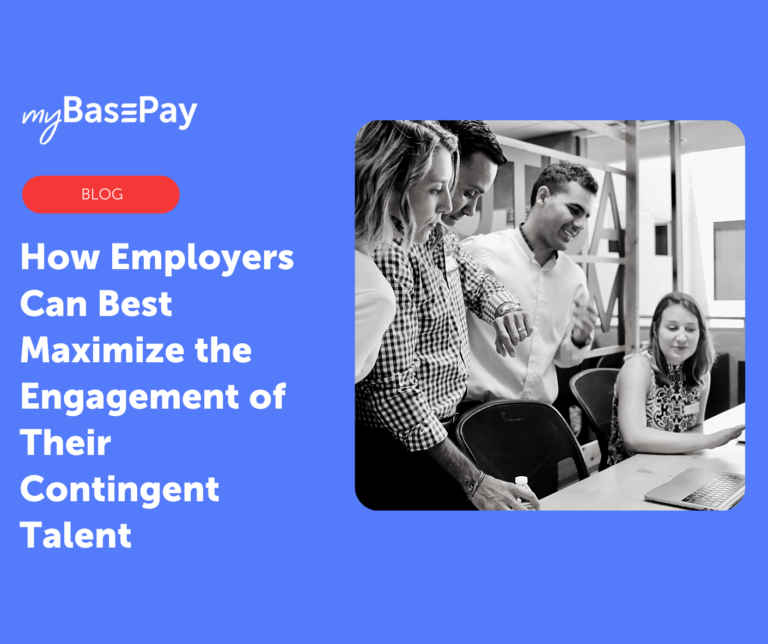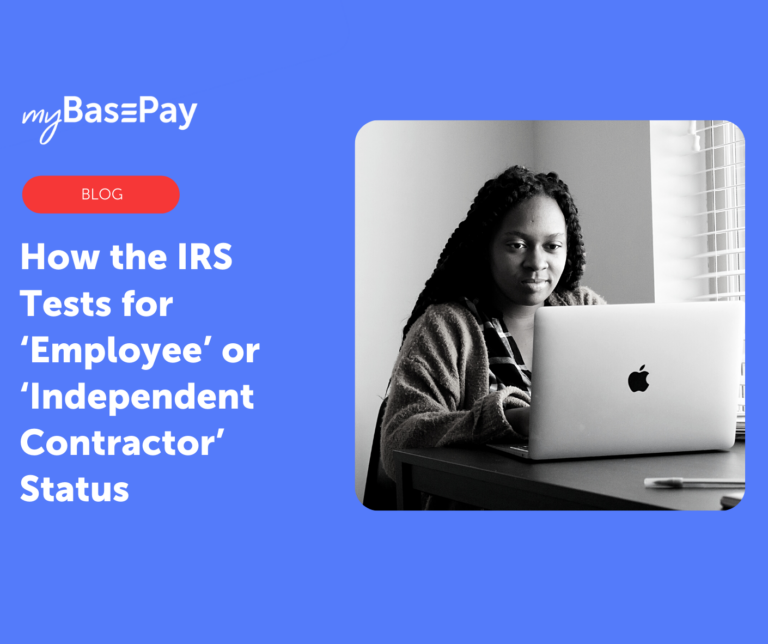How EORs Ensure Compliance for Contingent Workers
In today’s business environment, contingent workers have become an essential part of many companies’ workforces. In fact, a survey by Staffing Industry Analysts found that 65% of companies planned to increase their use of contingent workers in 2024 and 2025 — and that 80% already used contingent workers in some capacity.
Despite the increased usage of contract workers, 92% of executives interviewed in that same survey said that they faced a variety of challenges they felt could limit their ability to use contingent talent. In addition to issues like employee engagement and retention, compliance complexities were a commonly cited concern.
Navigating employment compliance can be surprisingly complex, which is a key issue that can limit companies’ abilities to effectively use contingent talent. The risk of fines and other penalties for non-compliance is especially worrisome. However, with the help of an employer of record (EOR), compliance worries can become a thing of the past.
How an EOR Addresses Compliance Concerns
An employer of record is an essential partner for any business looking to hire contingent talent. The EOR is the individual’s designated employer for legal purposes, after which it assigns the contingent worker to the business in question.
As the legal employer of the contingent worker, the EOR becomes responsible for all employment responsibilities and liabilities. This includes performing background checks, withholding taxes, providing salary and benefits and so on. For compliance purposes, the EOR is also responsible for classifying whether a worker is a full-time employee or a contingent worker.
Properly classifying a worker as either an independent contractor or an employee has major implications for the business. The IRS looks at this designation based on the level of behavioral control, financial control and the relationship between the parties to decide whether a worker qualifies as a contractor or full-time employee. Businesses that improperly classify workers as independent contractors can face significant penalties, as well as liability related to employment taxes.
In addition to federal requirements, many states have their own guidelines for deciding if a worker is a contractor or full-time employee. For example, in Minnesota, a 14-factor test will be introduced in March 2025 to decide whether construction workers should be classified as contractors or employees — in addition to the state’s guidelines for classifying non-construction workers.
For businesses, trying to navigate federal and state classification requirements for contractors is a major concern, as requirements and regulations can change. Failure to comply can result in fines and penalties, which can also make the business less attractive to potential employees.
Classification isn’t the only issue where an EOR can help, either. EORs bring in-depth knowledge of local prevailing wage statute compliance, mandatory sick leave statutes and rate transparency/parity regulations, all of which are necessary to keep your business in full compliance with employment standards.
With an experienced EOR on your side, you greatly reduce the risk of these and other compliance issues. The EOR takes responsibility for ensuring compliance, allowing its partner businesses to have peace of mind when using contingent workers. Compliance problems become highly unlikely, as compliance is the EOR’s primary focus.
Enabling Businesses to Scale with Global Talent
The compliance value of an EOR becomes even more pronounced for businesses that are trying to make use of global talent. Each country has its own employment regulations that influence payroll, benefits and worker classification. In addition, employers must generally establish a legal entity in a country if they wish to make direct hires there.
The EOR fulfills a similar role for overseas hires as it does for domestic workers. EORs establish legal entities in the countries they operate in, allowing the companies that partner with them to source talent from these areas without handling compliance themselves.
As the legal employer, the EOR owns ensuring compliance with local regulations throughout the procurement, hiring and employment process. This enables businesses to legally work with contingent workers without setting up a legal entity themselves.
Instead, the EOR takes full responsibility for payroll regulations and other requirements, hiring workers in a compliant manner that won’t incur fines or penalties. This includes keeping up with changing employment laws and regulations to ensure continuous compliance.
This streamlined approach doesn’t just reduce the risk of international compliance issues. It also reduces your internal team’s administrative burden by essentially outsourcing many of the key activities associated with hiring and managing contingent workers. The EOR’s ability to provide a compliant and competitive hiring environment also makes it easier to obtain top talent for your business’s needs.
A consistent, high-quality experience will aid with attracting and retaining international contingent workers, allowing you to scale your business in a cost-effective manner while maintaining full compliance.
Get Onboard With an EOR
With a quality employer of record on your side, you don’t have to worry as much about navigating the ever-changing world of employment compliance, leaving you free to focus on your business. Instead, you can count on your EOR to handle compliance-related manners, greatly limiting your liability.
Because the EOR is legally responsible for the workers they provide, you can have full confidence in your ability to support compliant operations. Rather than spending time on the HR side of things, you can instead focus on managing the relationship with your contingent workers to ensure they help you achieve your desired business outcomes.
myBasePay offers a modernized EOR solution for staffing firms and global enterprise solutions. With competitive and flexible benefits options, and an established legal entity in countries across the globe, myBasePay is uniquely positioned to help you address your hiring needs while delivering compliance on a global scale.
Ready to simplify compliance and expand your global workforce? Learn more about how myBasePay’s EOR solutions can help your business achieve its hiring goals while maintaining full compliance. Contact us today to get started!
